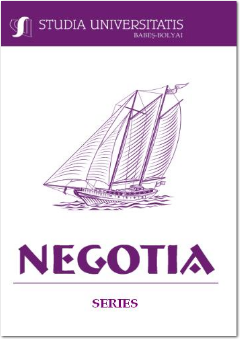RURAL TOURISM DURING THE COVID-19 PANDEMIC: A CASE STUDY FROM NORTH-WESTERN TRANSYLVANIA
RURAL TOURISM DURING THE COVID-19 PANDEMIC: A CASE STUDY FROM NORTH-WESTERN TRANSYLVANIA
Author(s): Monica Maria Coroş, Oana Ruxandra Bode, Emanuel-Emil Săvan, Tudor Alexandru CiucioiuSubject(s): Tourism
Published by: Studia Universitatis Babes-Bolyai
Keywords: rural tourism; sustainability; Mănăstireni; Cluj County; COVID-19;
Summary/Abstract: The current restrictions imposed by the Covid-19 pandemic have a strong impact on all forms of tourism. Rural tourism holds certain advantages over alternative/classical forms, which reduce the risk of infection i.e. unpolluted air and tranquility, low population density, reduced human interaction, easy social distancing and smaller lodgings. This paper analyzes the rural tourism potential for a village situated in North-Western Transylvania (Romania): Mănăstireni. The data was captured by developing and distributing a questionnaire consisting of 34 question. The results indicate that, whilst the local infrastructure is deficient, respondents are generally satisfied or very happy with the rural tourism in the analyzed area. Among the most frequently quoted advantages were found to be tranquility, clean air, beauty of landscapes, and the hosts’ hospitality. These identified characteristics represent clear advantages that rural tourism holds over classical/ alternative forms (e.g. city breaks), especially in the current pandemic conditions.
Journal: Studia Universitatis Babes Bolyai - Negotia
- Issue Year: 66/2021
- Issue No: 1
- Page Range: 7-22
- Page Count: 16
- Language: English

